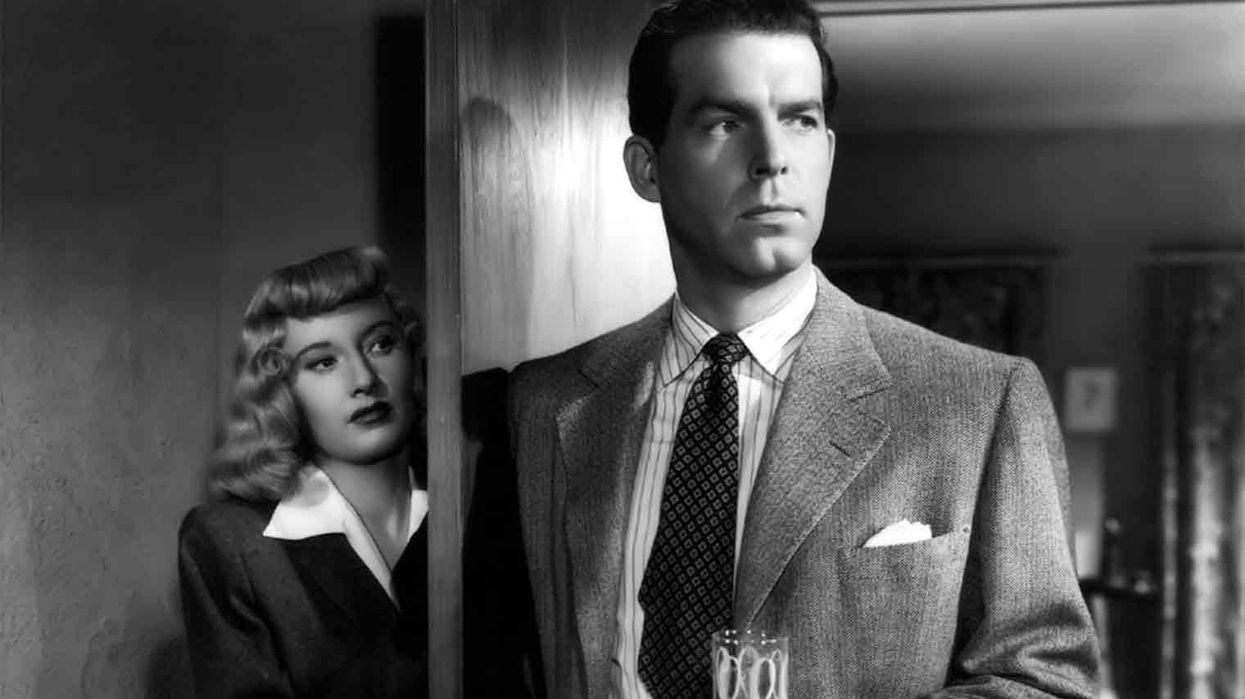- AI
-
Screenwriting\e607
-
Cinematography & Cameras\e605
-
Directing\e606
-
Editing & Post-Production\e602
-
Documentary\e603
-
Movies & TV\e60a
-
Producing\e608
-
Distribution & Marketing\e604
-
Fundraising & Crowdfunding\e60f
-
Festivals & Events\e611
-
Sound & Music\e601
-
Games & Transmedia\e60e
-
Grants, Contests, & Awards\e60d
-
Jobs\e60c
-
Film School\e610
-
Marketplace & Deals\e60b
-
Off Topic\e609
-
This Site\e600
Justin Morrow
Besides writing for No Film School, I am currently studying at Columbia University.


